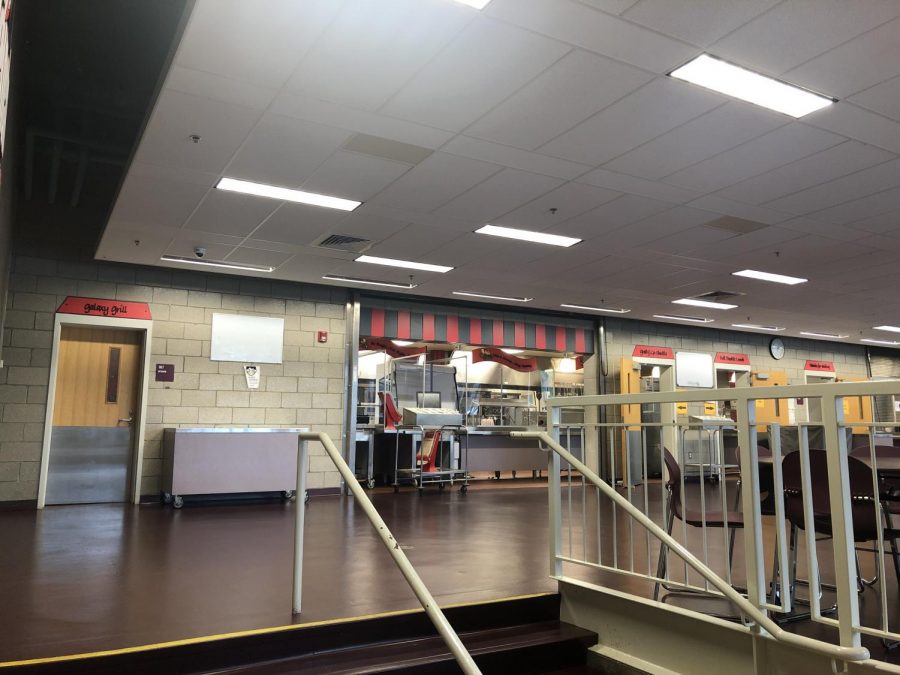Cafeteria Service Hit Hard By Labor and Supply Shortages
Superintendent’s Email Outlines Problem
October 6, 2021
On Friday, October 1, Superintendent Milaschewski sent an email to everyone in the Reading Public School community, where we were informed that our Reading food service programs are struggling.
Due to a great number of labor shortages in our community and highly constrained supply chains, it is obvious that our food service programs are significantly being impacted by those changes. Outside of our schools, the people that are paid to bring goods to our schools are facing challenges. This ranges from buying the actual food products to having difficulty with hiring employees to help with shipment. The superintendent shares, “Daily we receive calls from various vendors apologizing that our deliveries will not be made at all, or items will be substituted with different products.”
However it’s not only the vendors that are dealing with troubles, our own school district is confronting problems relating to the food service programs as well. Our superintendent states, “School districts don’t have the staff they need to prepare and serve lunches to students. Currently, our lunch program has 11 open positions, which accounts for 30% of our cafeteria workforce.” The 30% may not seem like a big number, but when there’s the comparison of students that request for hot lunch, that 30% can really affect the speed of lunch lines.
In the email, it recommends a few ways to help the Reading food service programs. Such as the option of bringing in your own lunch, providing extra snacks, and being understanding of the limited availability of food choices. Another helpful way to help our school is by volunteering. Our superintendent shares, “Each lunchroom volunteer will participate in a short on-line training program called ServSafe and complete other requirements for volunteering, such as completing a CORI check. If you’d like to receive information about volunteering, please contact Susan Bottan, Director of Finance and Operations at [email protected].”
While dealing with multiple negative factors occurring, the school department is putting in the work to try to keep the Reading food service programs being affected as least as possible. Our superintendent shares a major action the school department has been taking is that “Our School Nutrition Director is actively sourcing products independently and in her role as a Steering Committee Member for the Massachusetts School Buying Group, a collaborative to source vendors and build resources for 90 districts across the Commonwealth. Other examples of change include: our school staff members are exploring the most efficient way for students to receive lunch, expanding the capacity for food storage, and seeking recruitment of staff members for the cafeteria.
Despite all of these difficult hardships, the school department encounters the challenge and maintains handing out lunches to every student that wants to have a hot meal from the cafeteria.
